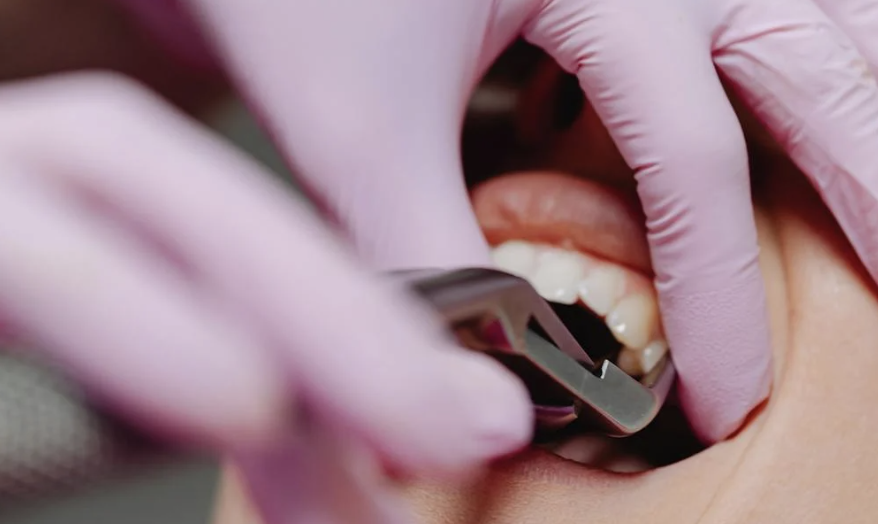
Wisdom Tooth Extraction – Do You Really Need It?
Wisdom teeth – the third molars that usually erupt in late teens or early twenties – can be both helpful and troublesome. For some, they grow in smoothly. For many others, they cause pain, discomfort, or crowding. This raises a common question: is wisdom tooth extraction really necessary, or can you live with them?
In this blog, we’ll explain when wisdom tooth removal is recommended, what the procedure involves, and why early treatment is important for long-term oral health.
What Are Wisdom Teeth?
Wisdom teeth are the final set of molars to appear, typically four in total. While they once helped our ancestors chew hard foods like nuts and roots, modern diets and smaller jaw sizes often leave little room for them. This lack of space can result in several dental problems—making wisdom tooth extraction a common treatment.
When Is Wisdom Tooth Extraction Necessary?
Not everyone needs their wisdom teeth removed. If they are healthy, fully erupted, and aligned properly, you can keep them. However, this is rare. Dentists often recommend extraction if you experience:
1. Impacted Wisdom Teeth
Teeth that don’t fully erupt or grow at odd angles may press against nearby teeth, cause swelling, or trigger infections.
2. Crowding
When wisdom teeth push against other teeth, they can ruin alignment—even after braces treatment.
3. Cavities or Gum Disease
Located at the back of the mouth, wisdom teeth are hard to clean. This makes them more prone to decay and gum disease.
4. Cysts or Tumors
Though rare, impacted teeth can lead to cysts that damage the jawbone and nearby teeth.
5. Pain and Discomfort
Persistent pain, swelling, or chewing difficulty are clear signs that extraction may be necessary.
The Wisdom Tooth Extraction Procedure
Step 1: Consultation & X-rays
Your dentist will examine your teeth and take X-rays to assess their position.
Step 2: The Procedure
Fully erupted teeth are loosened and removed with forceps.
Impacted teeth may require a small incision in the gums for safe removal.
Local anesthesia ensures the process is painless.
Step 3: Recovery & Care
Rest for 24–48 hours.
Avoid hard foods.
Apply ice packs to reduce swelling.
Follow prescribed medications.
If needed, a follow-up check will confirm proper healing.
Risks of Ignoring Wisdom Tooth Extraction
Choosing to keep problematic wisdom teeth can cause:
Painful infections
Damage to nearby teeth
Higher risk of decay and gum disease
Long-term complications needing costlier treatments, like root canal therapy or implants
Cost of Wisdom Tooth Extraction
The cost varies depending on tooth position, complexity, and anesthesia. Impacted teeth generally cost more than fully erupted ones. Still, investing in wisdom tooth extraction early can save you from expensive treatments later.
Final Thoughts
While not everyone needs their wisdom teeth removed, most people benefit from extraction due to common complications. At Jain’s Dental Villa, we specialize in safe and painless wisdom tooth extraction, using advanced techniques to ensure comfort and fast recovery.
Don’t let wisdom teeth cause lasting damage. Schedule your consultation today and take the first step toward a healthier, pain-free smile!
